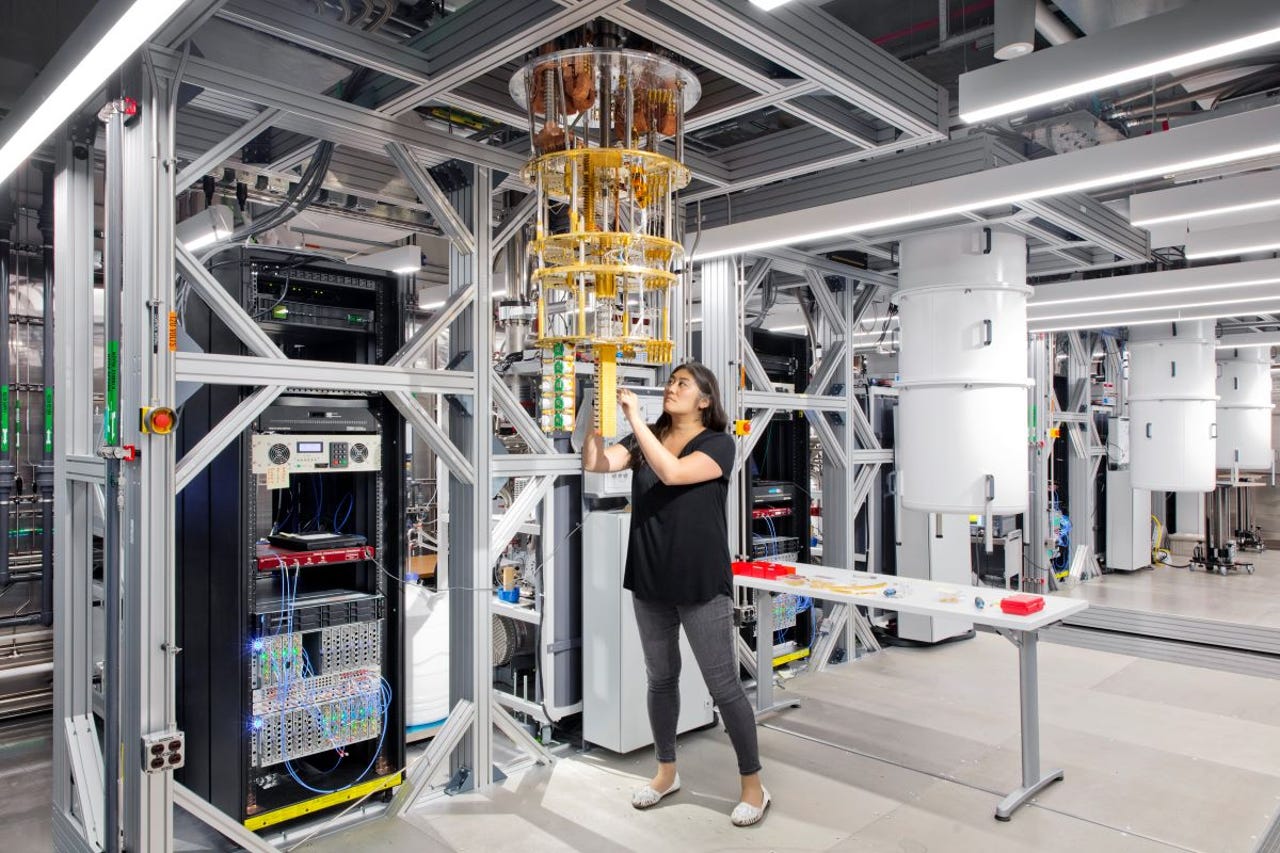What is Quantum Computing?
Quantum computing is an exciting and rapidly evolving field that combines elements of computer science, physics, and mathematics. By harnessing the principles of quantum mechanics, quantum computing enables the solving of complex problems at speeds unattainable by classical computers.
The Basics of Quantum Computing

At its core, quantum computing utilizes quantum bits, or qubits, which differ fundamentally from classical bits. Unlike a classical bit, which is either a 0 or a 1, a qubit can exist in multiple states simultaneously due to a property called superposition. This allows quantum computers to process vast amounts of information in parallel.
Key Principles of Quantum Computing
- Superposition: This principle allows qubits to be in multiple states at once, enabling quantum computers to perform many calculations simultaneously.
- Entanglement: Qubits can become entangled, meaning the state of one qubit is directly related to the state of another, no matter the distance apart. This property can significantly enhance computational power.
- Decoherence: This is the loss of quantum information due to interference from the environment. Researchers are continually working to mitigate decoherence to improve the reliability of quantum computations.
Applications of Quantum Computing
Quantum computing holds the potential to revolutionize various industries. Some notable applications include:
- Machine Learning: Quantum computing can enhance algorithms for data analysis, leading to better predictions and insights.
- Optimization: Businesses can leverage quantum computing to optimize supply chains and financial portfolios, improving efficiency and reducing costs.
- Simulation: Quantum computers can simulate complex chemical reactions and materials at a level of detail that classical computers struggle to achieve.
Getting Started with Quantum Computing
For those interested in exploring quantum computing, several cloud-based services, such as AWS, offer platforms to experiment with quantum algorithms without needing significant hardware investments.

Conclusion
Quantum computing is not just a theoretical concept; it is a rapidly advancing technology with the potential to change the landscape of computing as we know it. By understanding quantum computing, we can better appreciate its implications and the future possibilities it holds.


